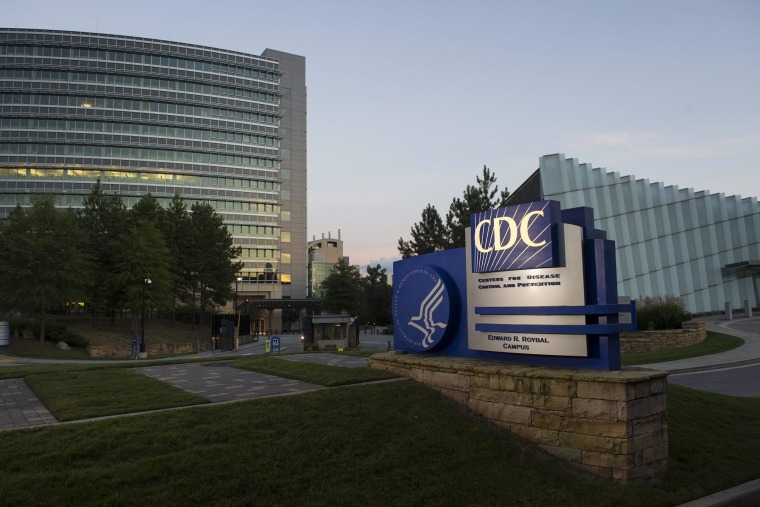Throughout much of the coronavirus crisis, Americans who were in close contact with infected people received some straightforward guidance: get tested, regardless of symptoms.
This week, those recommendations changed.
The Centers for Disease Control and Prevention quietly tweaked its guidance on COVID-19 testing Monday, making a change that could result in fewer people being tested and hinder contact tracing efforts. The guidance now states that healthy people who have been exposed to COVID-19 "do not necessarily need a test," as long as they don't have symptoms. That's a reversal from previous advice that clearly recommended testing for all close contacts of infected individuals, regardless of whether they had symptoms.
It's worth emphasizing for context that the decision to change the guidance was made a week ago today -- which happens to be the day Dr. Anthony Fauci, the nation's leading infectious disease expert, was having surgery to remove a noncancerous polyp on his vocal cords.
With this in mind, Fauci's spokesperson issued a statement yesterday alerting the public to the fact that the immunologist "has some concern that the revised guidelines could be interpreted as lessening the importance of asymptomatic spread of virus in the community." The statement added that "if people who come into close and prolonged contact with a documented case of COVID-19 become infected and are asymptomatic and are not tested and given results in a timely fashion, then asymptomatic spread to others could occur."
In light of these concerns, some obvious questions hang over head: who made this change to CDC guidance and why? As more than a thousand Americans per day die of COVID-19, what prompted the CDC to make an official declaration in support of less testing for those who may need it?
Susan Butler-Wu, a clinical microbiologist at the Keck School of Medicine of the University of Southern California, told the New York Times the update from the CDC appears counterintuitive and "very strange." Dr. Krutika Kuppalli, an infectious disease physician in Palo Alto, said the change is "potentially dangerous," adding, "I feel like this is going to make things worse."
A separate Times article went on to report, "Two federal health officials said the shift came as a directive to the C.D.C. from higher-ups at the White House and the Department of Health and Human Services." Similarly, the Washington Post reported that the change "was directed by the White House's coronavirus task force." CNN added that the change "came this week as a result of pressure from the upper ranks of the Trump administration."
If this is accurate, it suggests a lingering problem is getting worse: key decisions on matters of public health are being decided by Team Trump, not scientific experts at the CDC.
What's more, it comes against a backdrop in which Donald Trump personally boasted to a group of supporters in June, "When you do testing to that extent, you're going to find more people, you're going to find more cases, so I said to my people, 'Slow the testing down, please.'" He added at the time that the United States has done "too good a job" on testing for cases of COVID-19.
White House officials quickly insisted that the president was simply kidding -- the remarks were "made in jest," Kayleigh McEnany insisted -- which was a line the president quickly rejected.
"I don't kid," he told reporters when asked about his line on slowing down testing. "Let me just tell you. Let me make it clear."
In other words, Trump called for less coronavirus testing, and now the CDC -- by some accounts, at the White House's behest -- has issued guidance that would discourage testing, even among Americans who've been in close contact with the infected.
The public needs to be able to rely on the CDC, especially during a pandemic. These new developments aren't just scientifically dubious, they may also undermine public confidence at a critical time.

